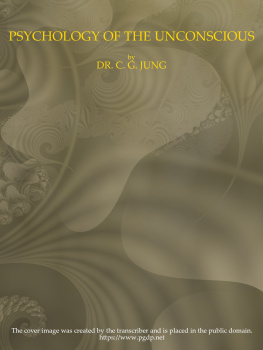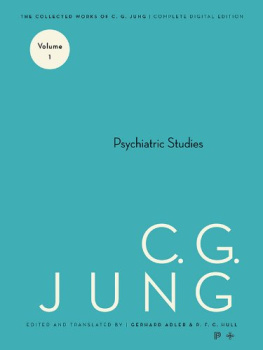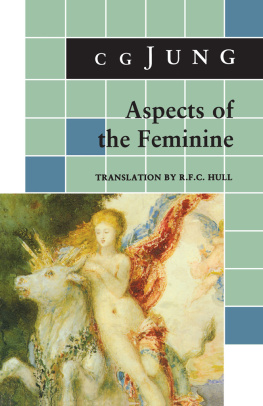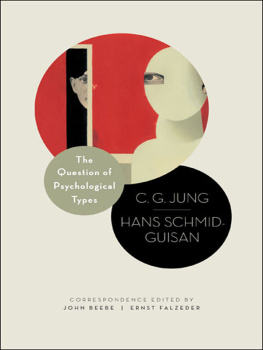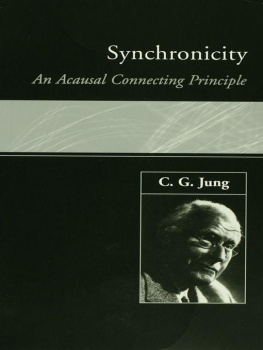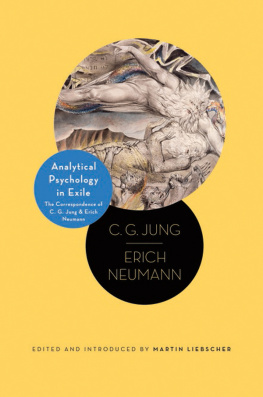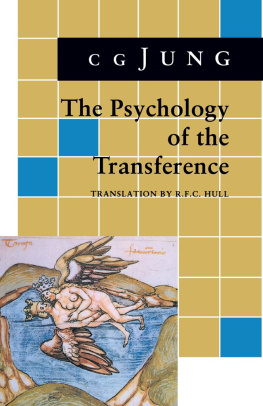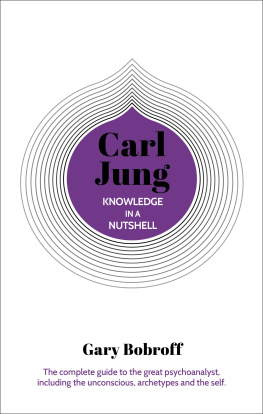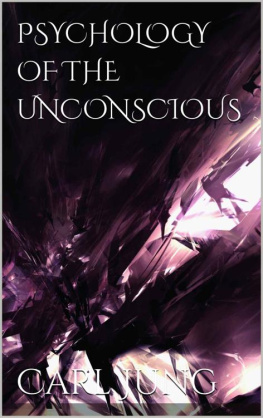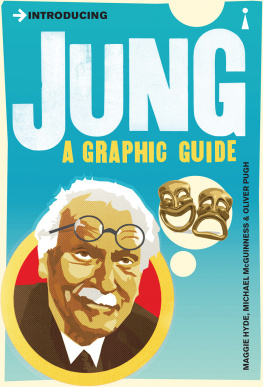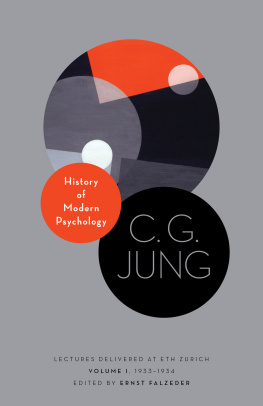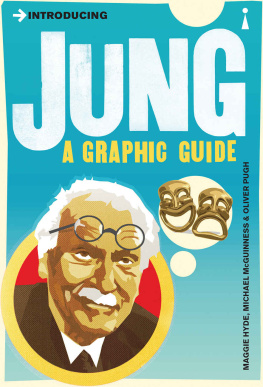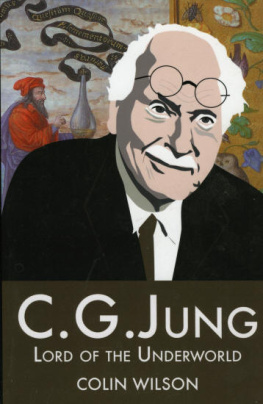C. G. Jung - Psychology of the Unconscious
Here you can read online C. G. Jung - Psychology of the Unconscious full text of the book (entire story) in english for free. Download pdf and epub, get meaning, cover and reviews about this ebook. year: 2021, genre: Science. Description of the work, (preface) as well as reviews are available. Best literature library LitArk.com created for fans of good reading and offers a wide selection of genres:
Romance novel
Science fiction
Adventure
Detective
Science
History
Home and family
Prose
Art
Politics
Computer
Non-fiction
Religion
Business
Children
Humor
Choose a favorite category and find really read worthwhile books. Enjoy immersion in the world of imagination, feel the emotions of the characters or learn something new for yourself, make an fascinating discovery.
Psychology of the Unconscious: summary, description and annotation
We offer to read an annotation, description, summary or preface (depends on what the author of the book "Psychology of the Unconscious" wrote himself). If you haven't found the necessary information about the book — write in the comments, we will try to find it.
Psychology of the Unconscious — read online for free the complete book (whole text) full work
Below is the text of the book, divided by pages. System saving the place of the last page read, allows you to conveniently read the book "Psychology of the Unconscious" online for free, without having to search again every time where you left off. Put a bookmark, and you can go to the page where you finished reading at any time.
Font size:
Interval:
Bookmark:
Title: Psychology of the Unconscious
A Study of the Transformations and Symbolisms of the Libido A Contribution to the History of the Evolution of Thought
Transcribers Note:
The cover image was created by the transcriber and is placed in the public domain.
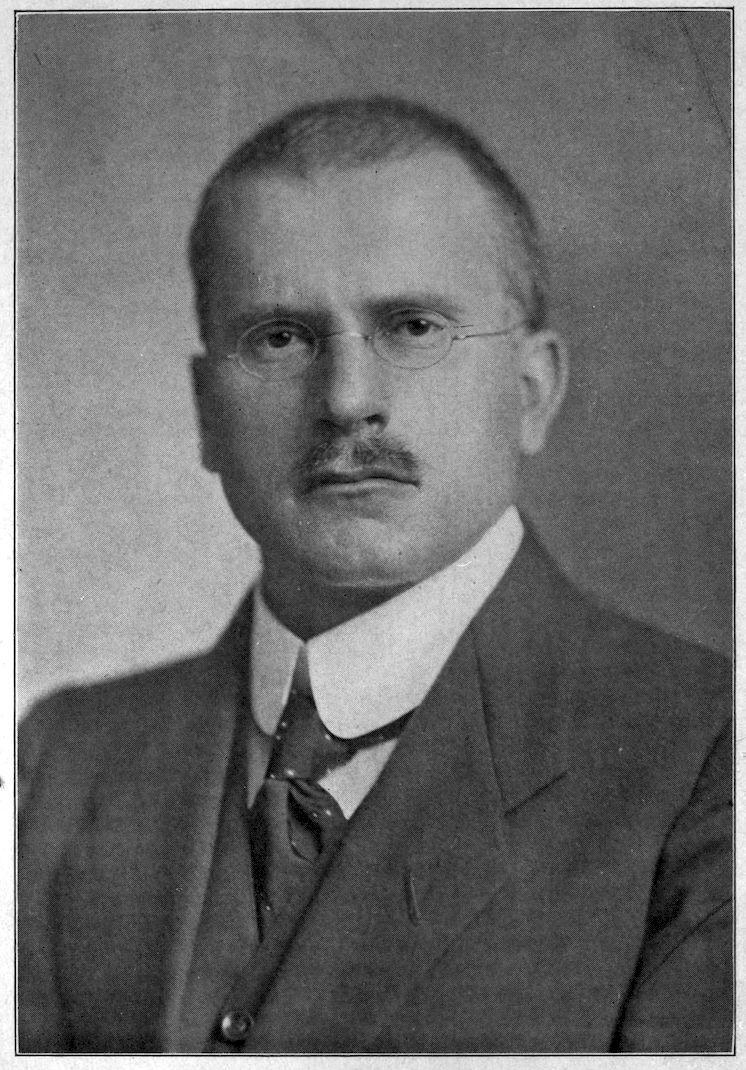
DR. C. G. JUNG
PSYCHOLOGY OF THE UNCONSCIOUS
A Study of the Transformations and Symbolisms of the Libido
A Contribution to the History of the Evolution of Thought
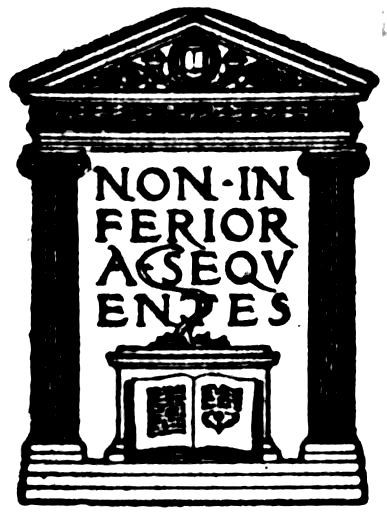
That humanity is seeking a new message, a new lightupon the meaning of life, and something tangible, as itwere, with which it can work towards a larger understandingof itself and its relation to the universe, is afact I think none will gainsay. Therefore, it hasseemed to me particularly timely to introduce to the English-speakingworld Dr. Jungs remarkable book, Wandlungenund Symbole der Libido. In this work he hasplunged boldly into the treacherous sea of mythology andfolklore, the productions of the ancient mind and that ofthe common people, and turned upon this vast materialthe same scientific and painstaking method of psychologicanalysis that is applied to the modern mind, in order toreveal the common bond of desire and longing whichunites all humanity, and thus bridge the gaps presumedto exist between ancient and widely separated peoples andthose of our modern time. The discovery of this undercurrentaffecting and influencing ancient peoples as wellas modern serves as a foundation or platform from whichhe proceeds to hold aloft a new ideal, a new goal ofattainment possible of achievement and which can be intellectuallysatisfying, as well as emotionally appealing:the goal of moral autonomy.
This book, remarkable for its erudition and the tremendouslabor expended upon it, as well as for the newlight which it sheds upon human life, its motives, itsneeds and its possibilities, is not one for desultory readingor superficial examination. Such an approach willprevent the reader from gaining anything of its realvalue; but for those who can bring a serious interest andwillingness to give a careful study to it the work willprove to be a veritable mine capable of yielding thegreatest riches.
The difficulties in translating a book such as this arealmost insuperable, but I have tried faithfully to expressDr. Jungs thought, keeping as close to the original textas possible and, at the same time, rendering the difficultmaterial and complicated German phrasing as simply andclearly as the subject-matter would allow. In all thiswork I owe much to Miss Helen I. Brayton, withoutwhose faithful assistance the work would never have beencompleted. I wish to acknowledge my gratitude to Mr.Louis Untermeyer, whose help in rendering the poeticquotations into English verse has been invaluable, and toexpress as well my gratitude to other friends who haveassisted me in various ways from time to time.
When Professor Freud of Vienna made his earlydiscoveries in the realm of the neuroses, and announcedthat the basis and origin of the various symptomsgrouped under the terms hysteria and neuroses lay inunfulfilled desires and wishes, unexpressed and unknownto the patient for the most part, and concerned chieflywith the sexual instinct, it was not realized what far-reachinginfluence this unpopular and bitterly attackedtheory would exert on the understanding of human lifein general.
For this theory has so widened in its scope that itsapplication has now extended beyond a particular groupof pathologic states. It has in fact led to a new evaluationof the whole conduct of human life; a new comprehensionhas developed which explains those things whichformerly were unexplained, and there is offered anunderstanding not only of the symptoms of a neurosisand the phenomena of conduct but the product of themind as expressed in myths and religions.
This amazing growth has proceeded steadily in anever-widening fashion despite opposition as violent asany of which we have knowledge in the past. The criticismoriginally directed towards the little understood andmuch disliked sexual conception now includes the furtherteachings of a psychology which by the application to itof such damning phrases as mystical, metaphysical andsacrilegious, is condemned as unscientific.
To add to the general confusion and misunderstandingsurrounding this new school of thought there has arisena division amongst the leaders themselves, so that therenow exist two schools led respectively by ProfessorSigmund Freud of Vienna and Dr. Carl Jung of Zurich,referred to in the literature as the Vienna School andthe Zurich School.
It is very easy to understand that criticism and oppositionshould develop against a psychology so difficult ofcomprehension, and so disturbing to the ideas which havebeen held by humanity for ages; a psychology whichfurthermore requires a special technique as well as anobserver trained to recognize and appreciate in psychologicphenomena a verification of the statement thatthere is no such thing as chance, and that every act andevery expression has its own meaning, determined by theinner feelings and wishes of the individual.
It is not a simple matter to come out boldly and statethat every individual is to a large extent the determinerof his own destiny, for only by poets and philosophershas this idea been put forthnot by science; and it is abrave act to make this statement with full consciousnessof all its meaning, and to stand ready to prove it byscientific reasoning and procedure.
Developed entirely through empirical investigation andthrough an analysis of individual cases, Freudian psychology
Psychoanalysis is the name given to the method developedfor reaching down into the hidden depths of theindividual to bring to light the underlying motives anddeterminants of his symptoms and attitudes, and to revealthe unconscious tendencies which lie behind actions andreactions and which influence development and determinethe relations of life itself. The result of digging downinto the hidden psyche has been to produce a mass ofmaterial from below the threshold of consciousness, soastonishing and disturbing and out of relation with thepreviously held values, as to arouse in any one unfamiliarwith the process the strongest antagonism and criticism.
Font size:
Interval:
Bookmark:
Similar books «Psychology of the Unconscious»
Look at similar books to Psychology of the Unconscious. We have selected literature similar in name and meaning in the hope of providing readers with more options to find new, interesting, not yet read works.
Discussion, reviews of the book Psychology of the Unconscious and just readers' own opinions. Leave your comments, write what you think about the work, its meaning or the main characters. Specify what exactly you liked and what you didn't like, and why you think so.

